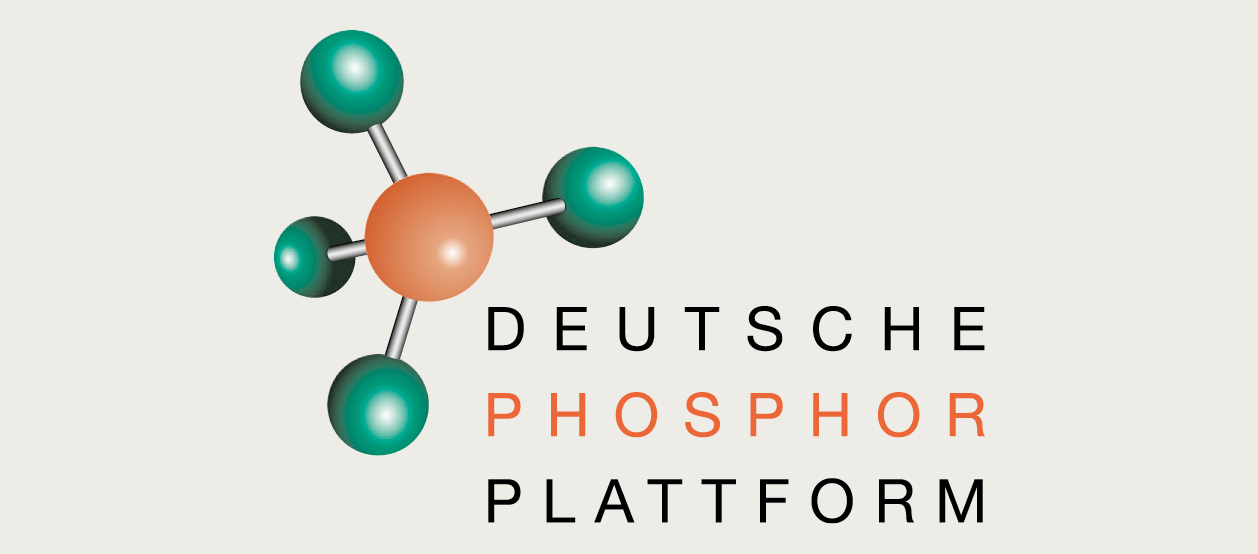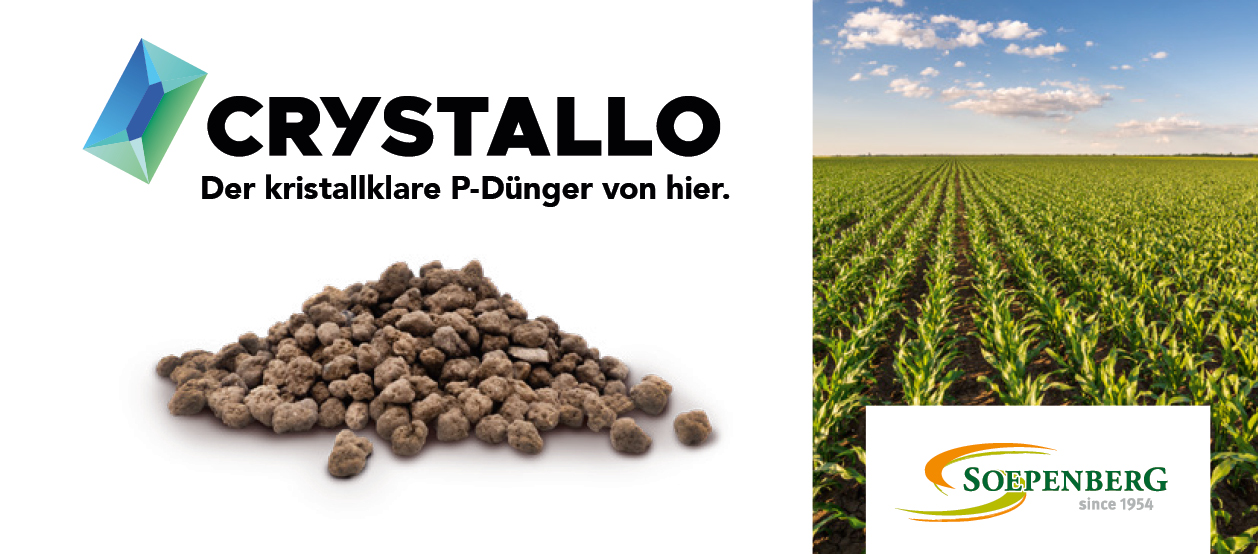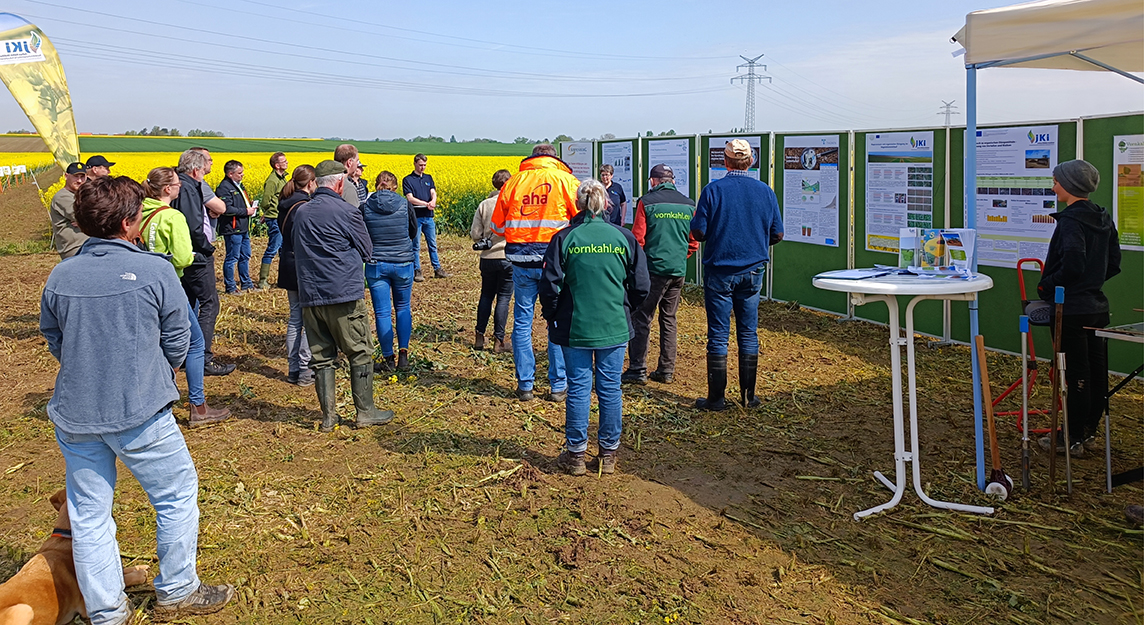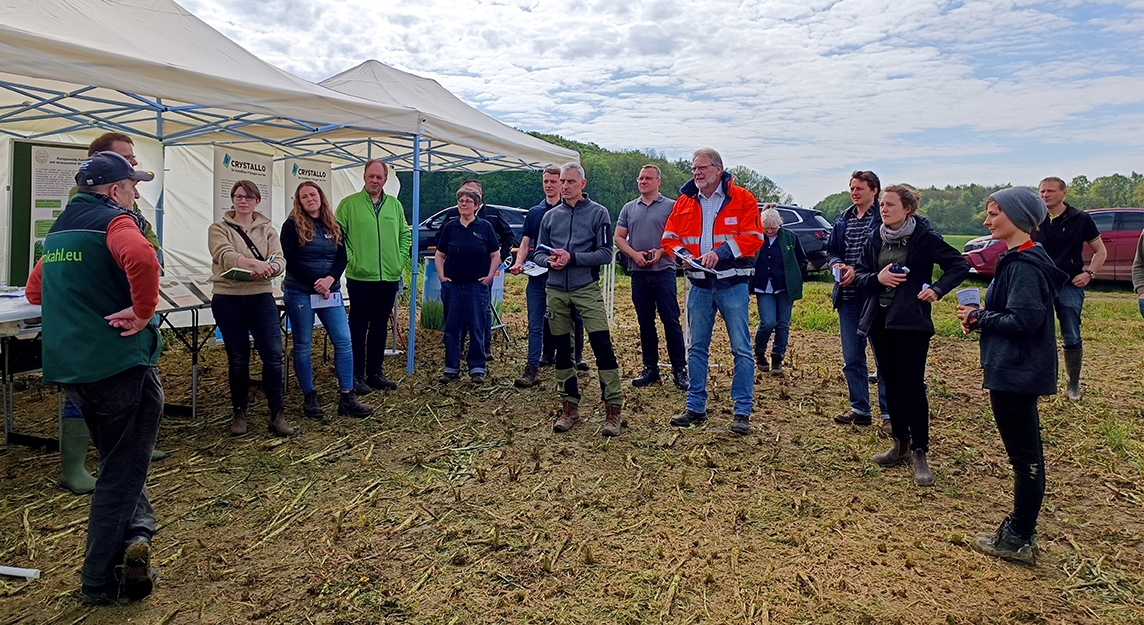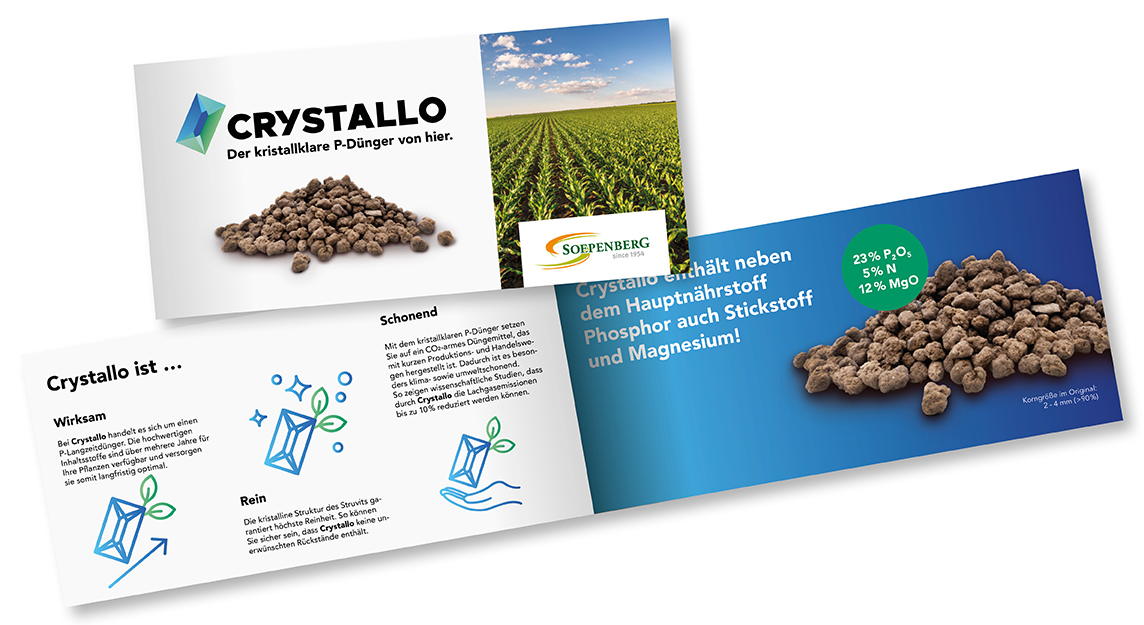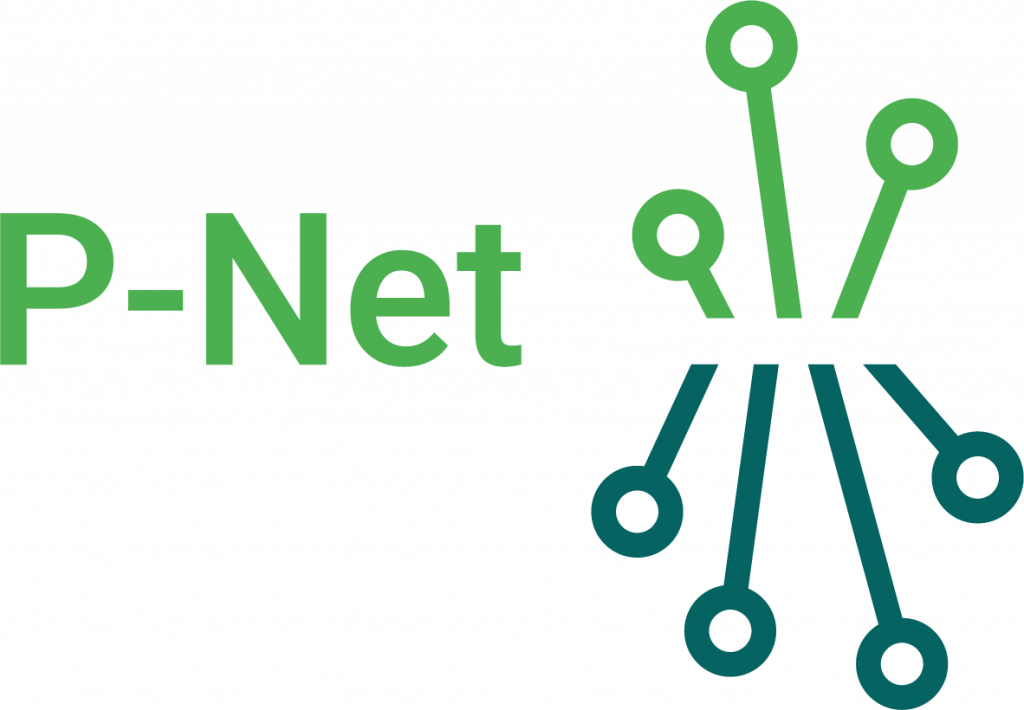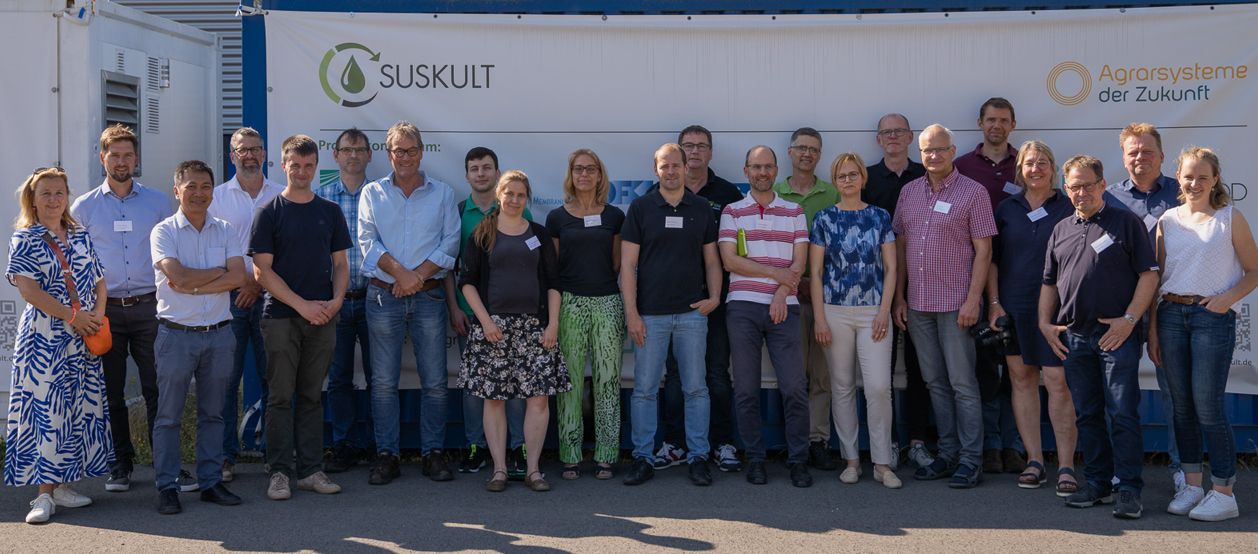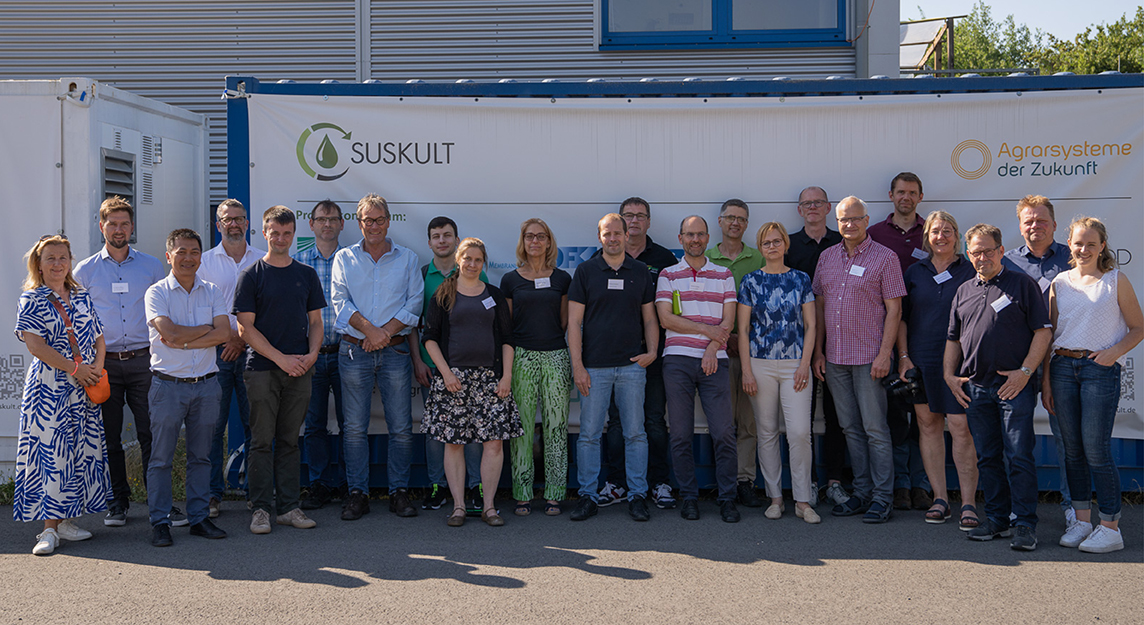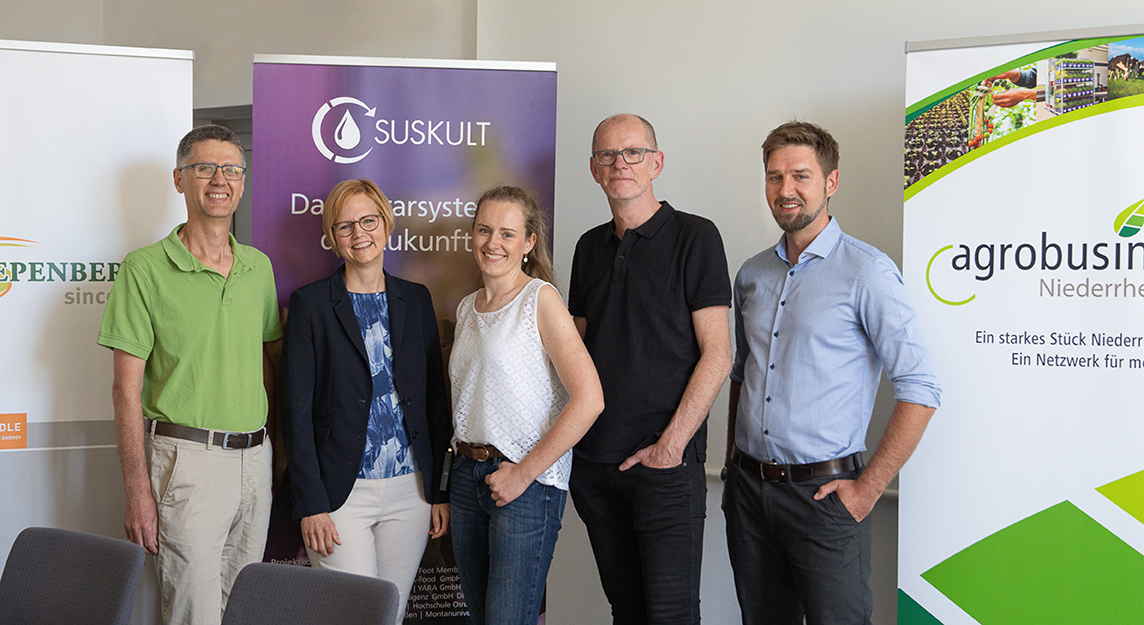Statement of German Phosphorus Platform on discovered phosphate deposits in Norway
Various media have recently reported the discovery of huge phosphate deposits in Norway. The DPP e.V. has issued a statement on this matter.
The 2022 annual report of Norge Mining Limited announced the finding of 70 billion tons of phosphate rock.
The topic was rapidly taken up by various media, partly with the tenor that the previous import dependency of European countries, including Germany, is over. The German Phosphorus Platform (DPP) e.V. issued a statement in July, which was also taken up and discussed by the press. You can read the DPP’s statement here.
Regardless of all developments and findings still to come, the BMBF funding measure RePhoR supports the setting of the course for a sustainable recycling of existing phosphorus resources. As can be seen from the statement of DPP e.V., it is so far unclear within which period of time the occurrences could be economically degradable. Either way, however, even the reserves found are finite. Therefore, the large-scale implementation of P-recycling technologies still represents a sensible way forward.


